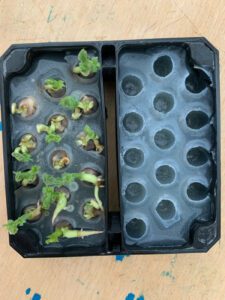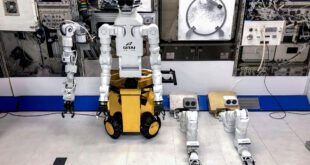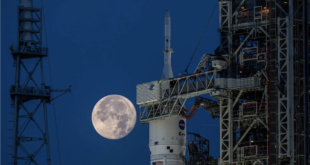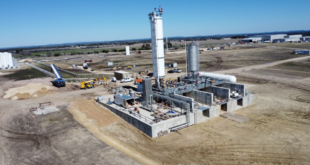
Edinburgh / Wallops Island, Virginia, 8 February 2022. – Israeli chickpea seeds will be sent to the ISS to carry out a series of experiments aimed at controlling growth of crops with the help of technology, Stanford University announced. The delivery is part of Northrop Grumman’s 17th commercial resupply services mission to the ISS.
The seeds are contained in a “miniature greenhouse” for optimal growth. The special greenhouse is also suitable for travelling to Moon, which will be the next step of the experiment. The “Space Hummus” project will test hydroponic techniques for plant growth in zero gravity and lack of sunlight.
Chickpeas are superfood with high nutritional value. They grow quickly and easily, which makes them ideal for space cultivation. Special LEDs will be used to test how well plant growth can be controlled. Root growth will be remotely observed and controlled through imaging techniques.
The goal is to maximize productivity and efficiently manage the limited resources available in space. The results will help growing crops in future space colonies on the Moon and Mars. The experiments will be performed in part by Israeli astronaut Eytan Stibbe during the Rakia mission scheduled to launch on 30th March. Liftoff for the seeds is planned for 19th February on a Cygnus spacecraft.
 SpaceWatch.Global An independent perspective on space
SpaceWatch.Global An independent perspective on space




